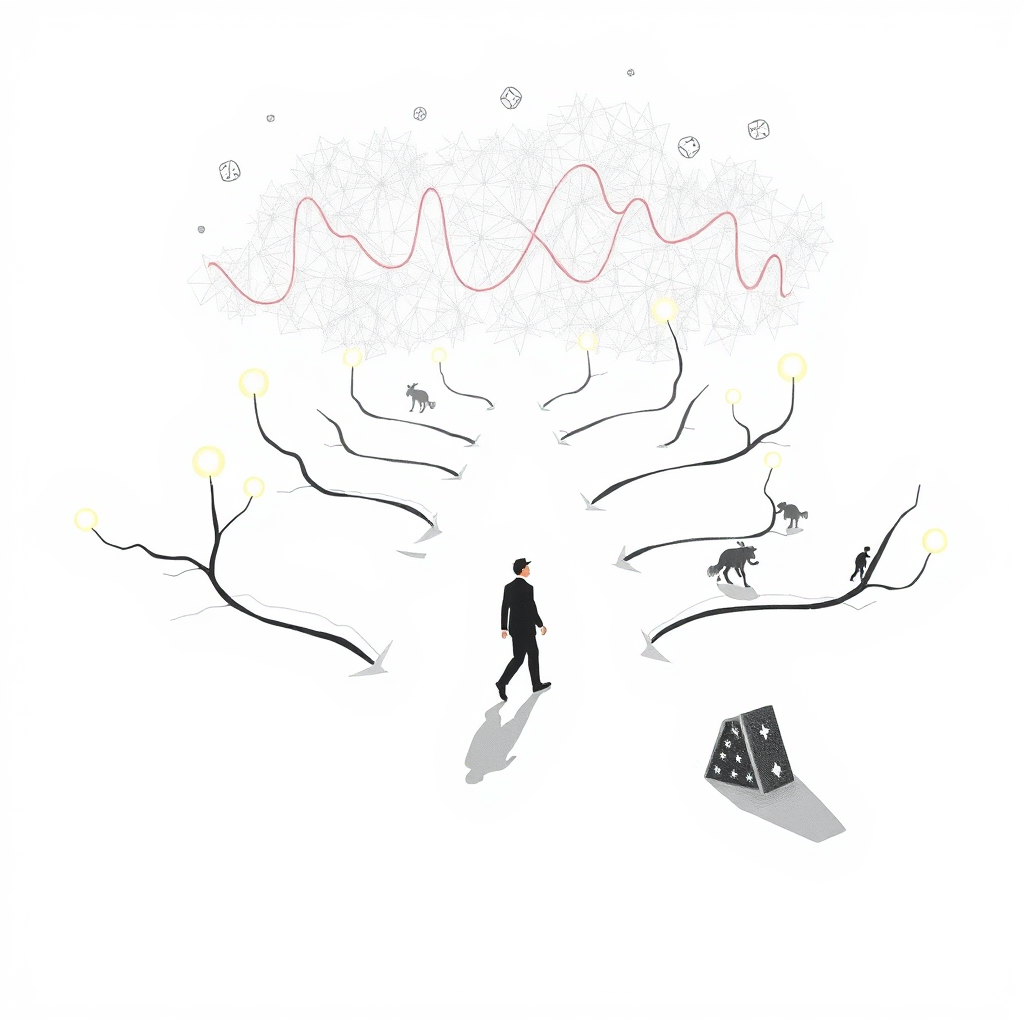Can You Increase Your Luck With Science?

Is luck a matter of chance, or can it be engineered? The question has captivated thinkers for centuries, and a growing body of scientific research suggests the answer is nuanced. While we can’t defy probability, we can significantly influence our experience of “luck” through mindset, preparation, and strategic action.
The common perception of luck – a mysterious force bestowing favor – clashes with its scientific definition: the intersection of probability and randomness. Events governed by chance, like a coin flip or lottery draw, are inherently unpredictable. However, dismissing luck as purely random overlooks the psychological factors at play.
Psychologists argue that individuals who believe in good luck are more likely to notice and act upon opportunities. This isn’t about magically altering outcomes, but rather a self-fulfilling prophecy driven by increased awareness and a proactive approach. A positive outlook encourages experimentation, resilience in the face of setbacks, and a willingness to explore unconventional paths – all behaviors that can lead to favorable results.
Probability theory provides a framework for understanding risk and making informed decisions. While it can’t guarantee success in games of chance, it highlights the importance of analyzing odds and recognizing the inherent advantage held by casinos and lotteries. Attempting to “beat the system” is generally futile; the odds remain stacked against the player.
However, the research extends beyond simple chance. Dr. Richard Wiseman’s decade-long study identified four key principles associated with feeling lucky: maximizing chance opportunities through social interaction and openness, trusting intuition rooted in subconscious pattern recognition, cultivating positive expectations, and transforming misfortune into learning experiences. These aren’t about defying probability, but about positioning oneself to capitalize on opportunities when they arise.
The human tendency to seek patterns, even in random events, is a powerful force. This can lead to superstition or the illusion of “streaks,” but it also underscores our innate desire to understand and control our environment. Recognizing this bias is crucial; randomness truly exists, and attributing meaning where none exists is a cognitive trap.
Ultimately, the concept of “hacking luck” isn’t about manipulating fate, but about optimizing preparedness. As the Roman philosopher Seneca observed, luck favors the prepared mind. Building skills, expanding networks, and embracing adaptability increase the likelihood of recognizing and seizing opportunities when they present themselves.
While we can’t eliminate chance, we can influence how we respond to it. Science suggests that cultivating a proactive mindset, embracing resilience, and focusing on informed decision-making are far more effective than relying on wishful thinking. Luck, it seems, isn’t something that happens to us, but something we create through our actions and attitudes. It’s not about controlling the uncontrollable, but about skillfully navigating uncertainty.